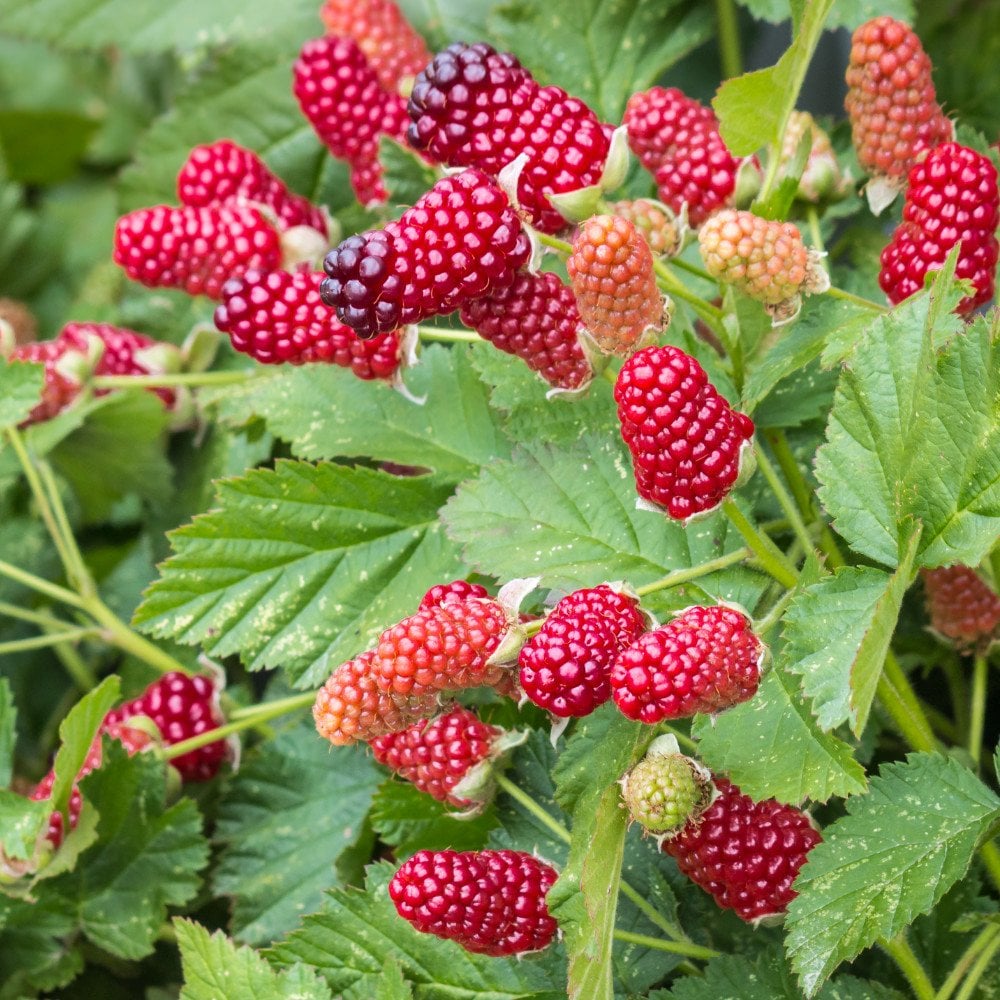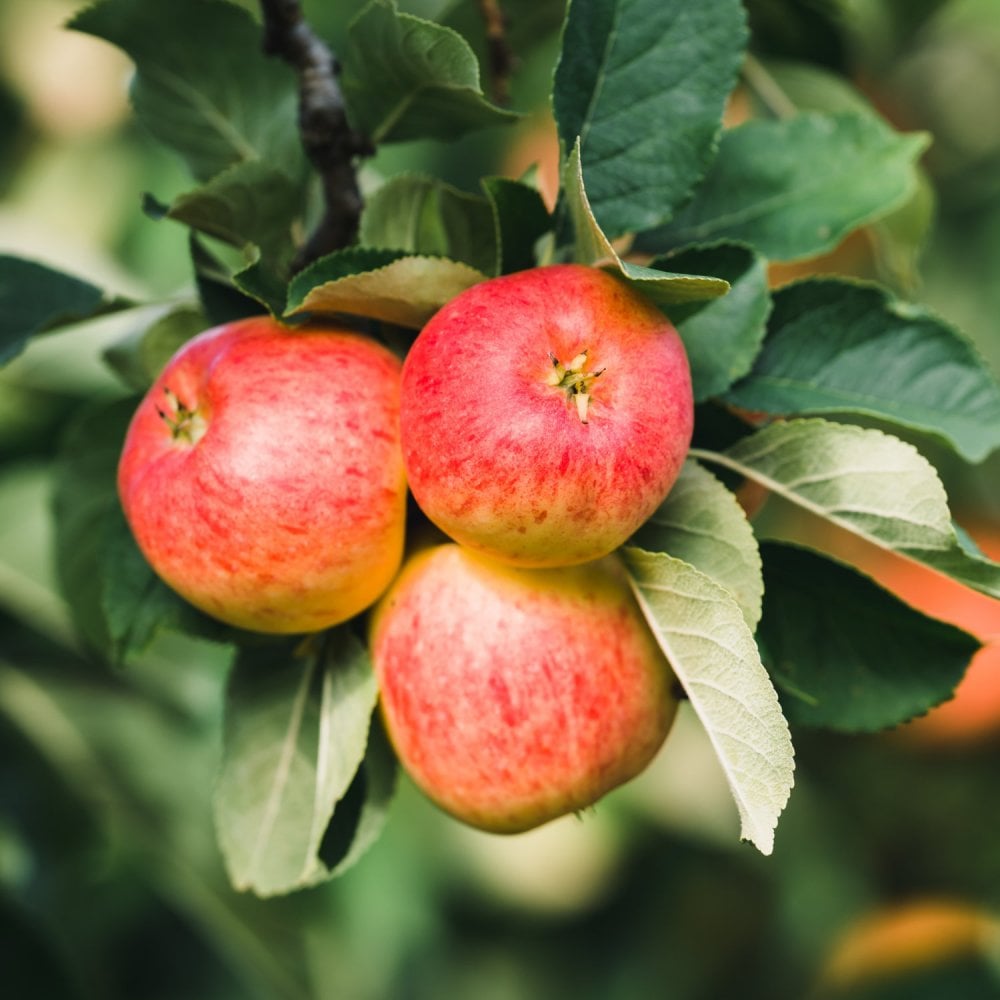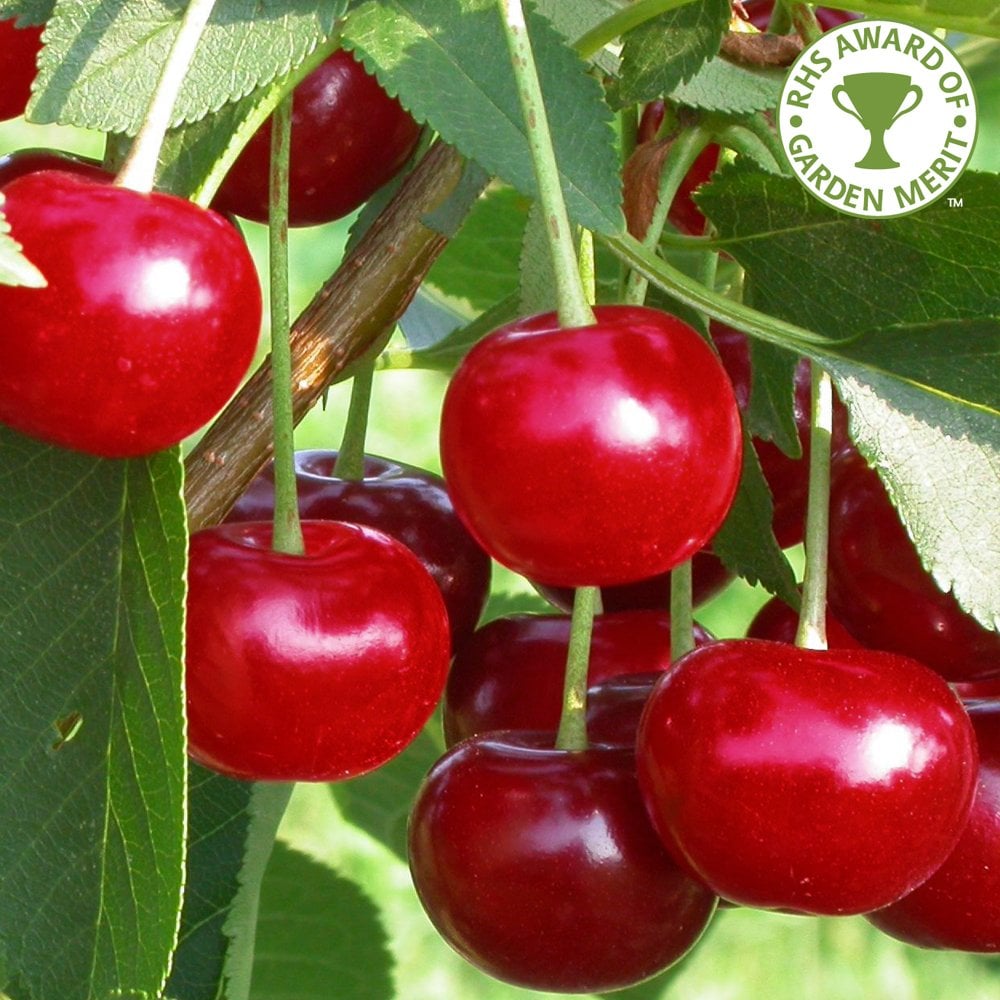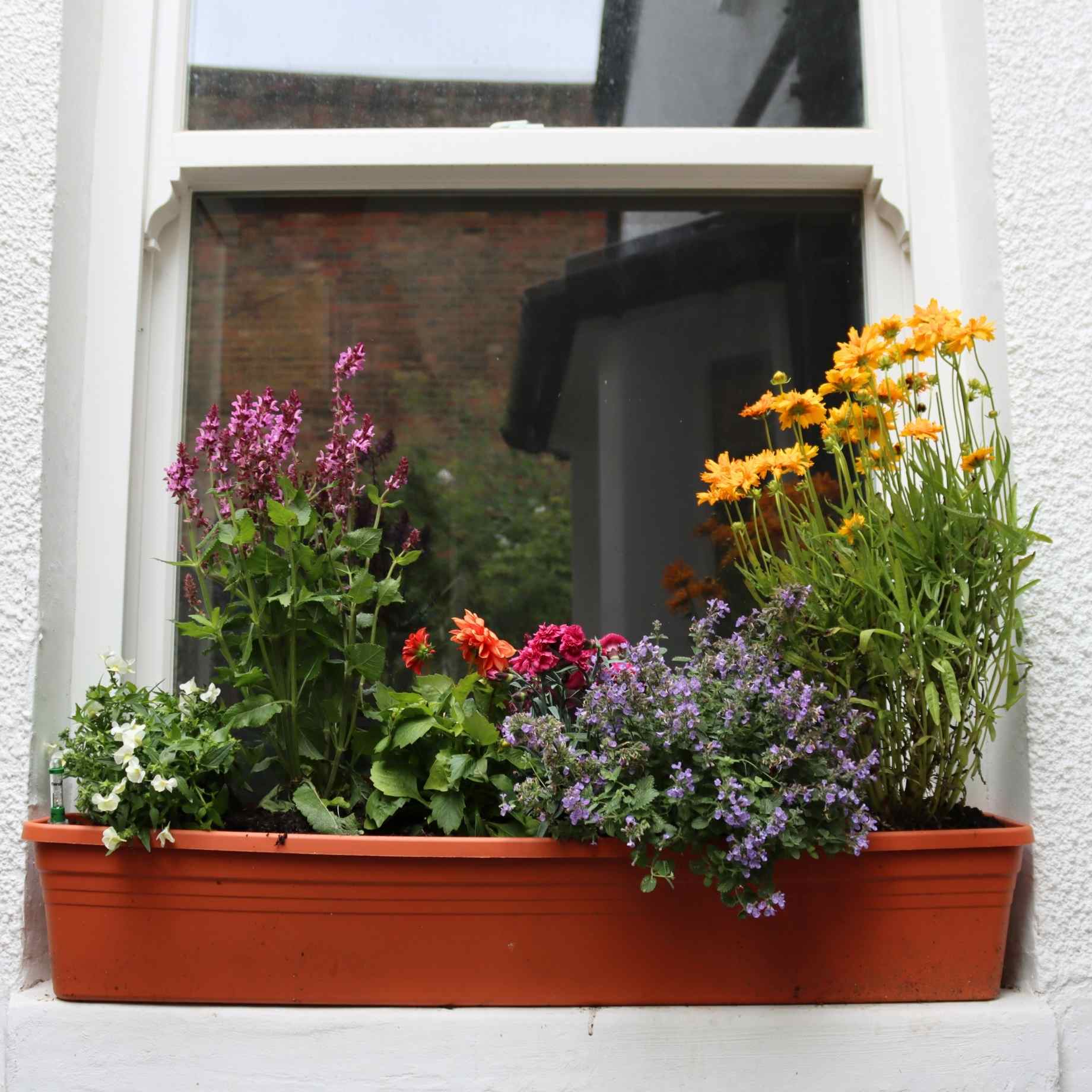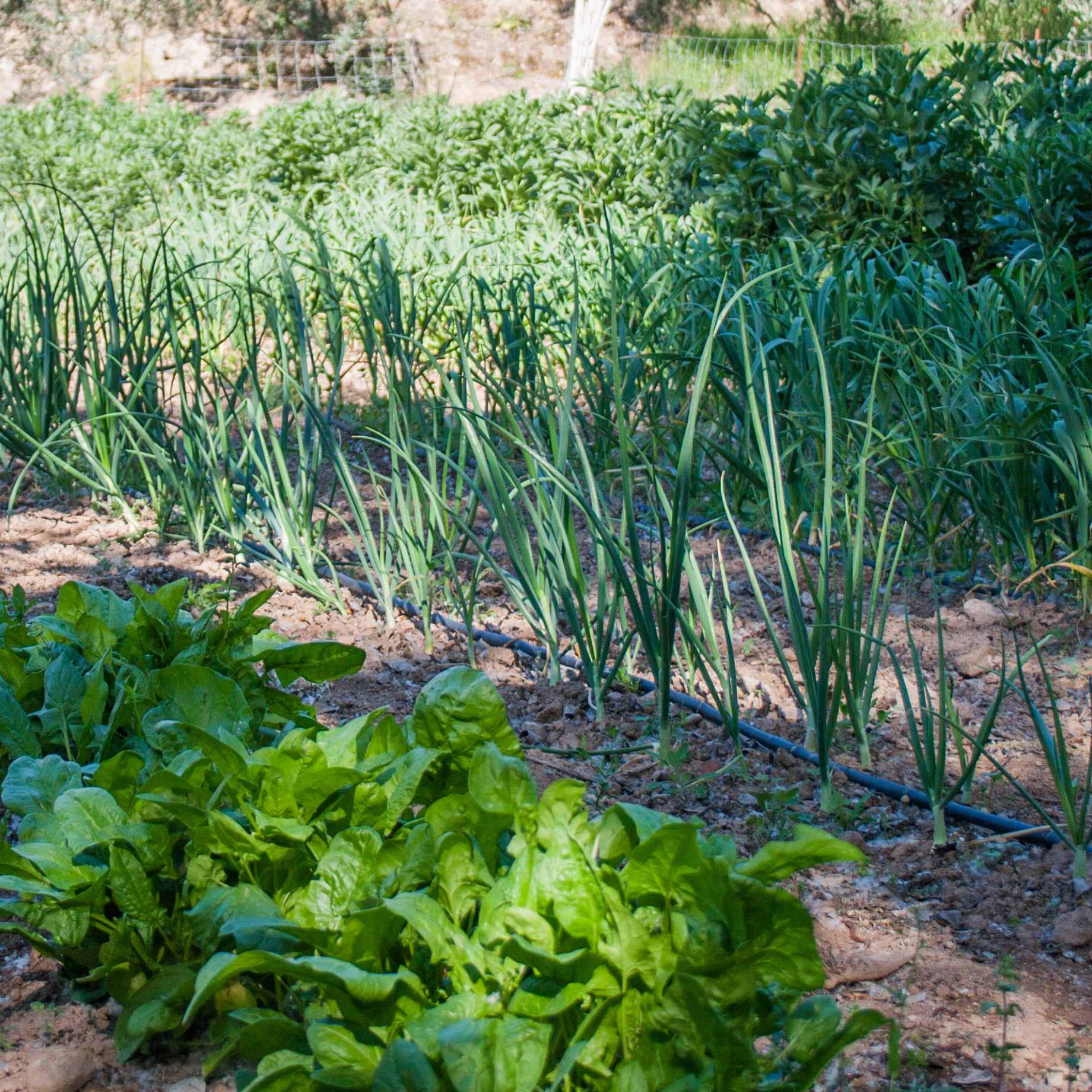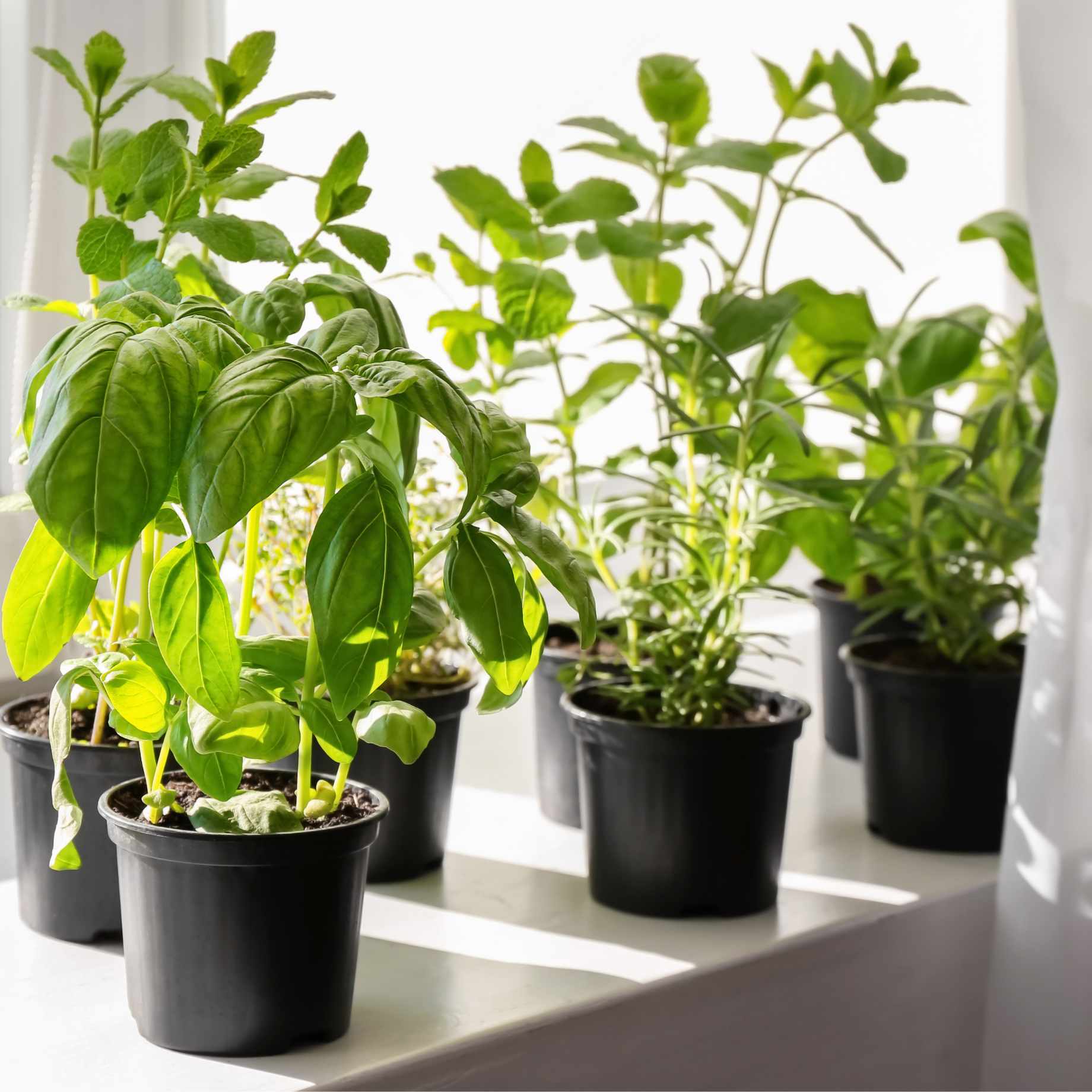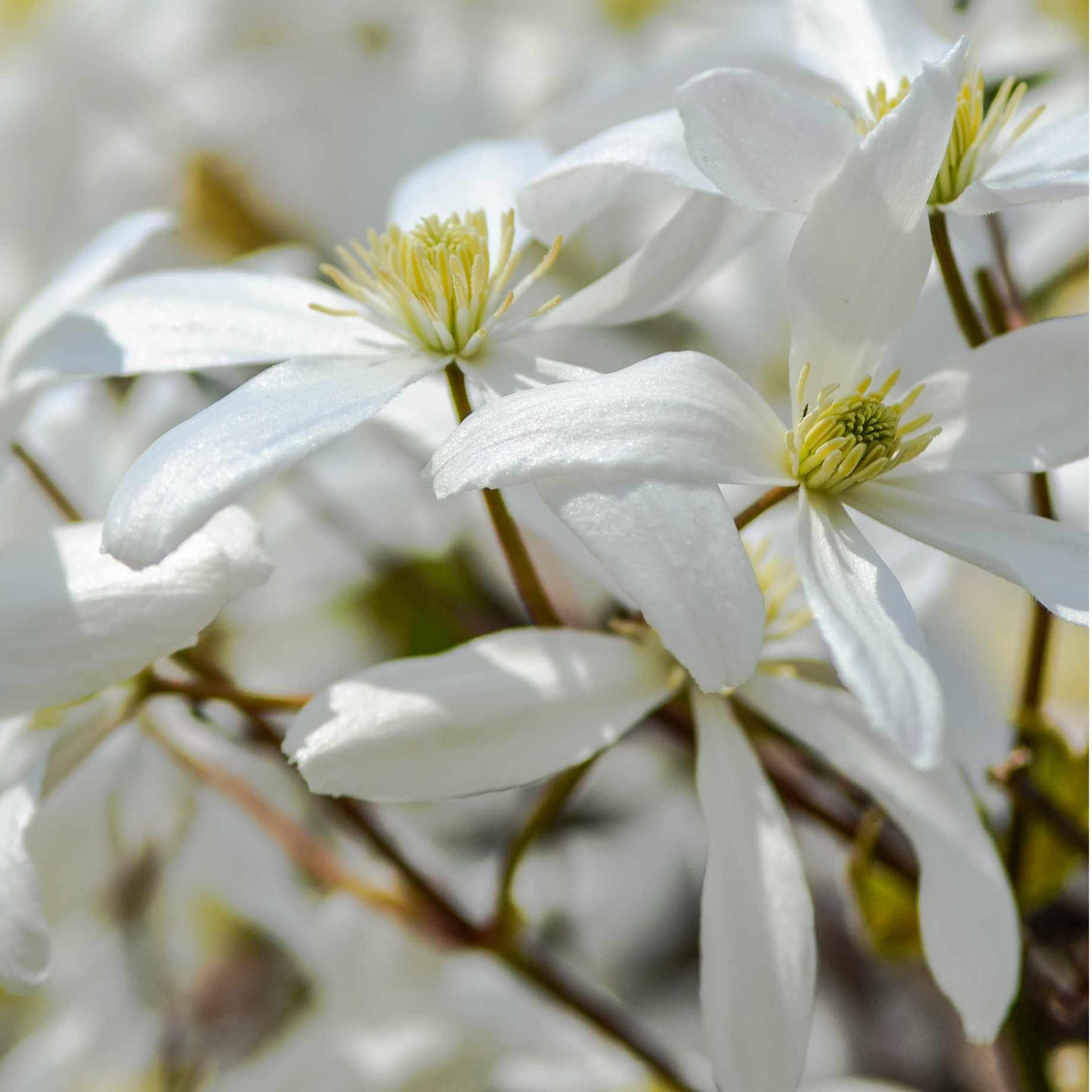Key features
Final size2m in 10 years
FruitDual purpose (eating & cooking)
Pollination groupSelf fertile
Cropping periodMid/late season
Description
Loganberry Thornless produces large, dark red berries that ripen between mid-summer and mid-autumn. A wonderful result of crossing blackberries and raspberries, the fruit has a distinctive flavour that hints of it’s heritage. The berries can be enjoyed fresh for a tangy burst of flavour or used in desserts and jams.
The thornfree branches make it a much friendlier option than thorny varieties. Loganberry Thornless is best grown against a trellis or other support system and will fruit on the previous years shoots. Plant in full sun or light shade for tasty fruits in late summer.
Planting Steps
1Preparation
- Pot-grown plants can be planted at any time of year, whereas bare roots need to be planted between November and March.
- Clear weeds and grass within a metre of the planting hole.
- Dig a hole as deep as the root mass and twice as wide.
- To help your plant establish more effectively, sprinkle Rootgrow in the hole.
2Planting
- Gently loosen the roots and place into the planting hole.
- Ensure the top of the plant’s compost is flush with the level of the surrounding soil and the graft union or collar of the tree is above ground level.
- Mix 50% of the original soil with 50% compost.
- Fill in the hole, firming the soil gently.
3Last Steps
- Water generously around the base of the plant.
- If you are planting either a single stem tree or mature standard tree, we recommend adding a staking kit and rabbit guard.
Aftercare Advice
Trees and shrubs require a good watering regime for a couple of years whilst they establish. Water well and regularly through spring and summer, increasing in hot or dry weather. If planting in autumn, you may only need to water a little. It is advisable to keep the area free of competing weeds and grass during this period.
For more detailed advice and video guides, please visit our Help & Advice section.

